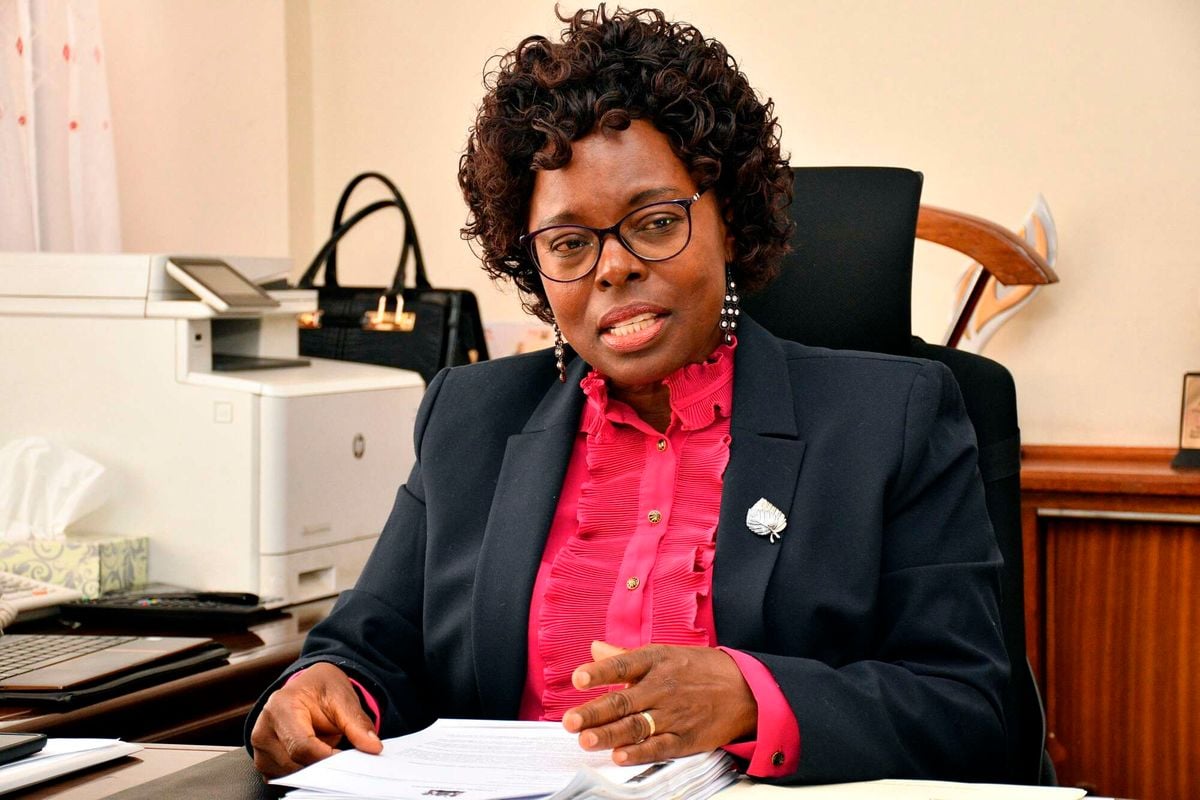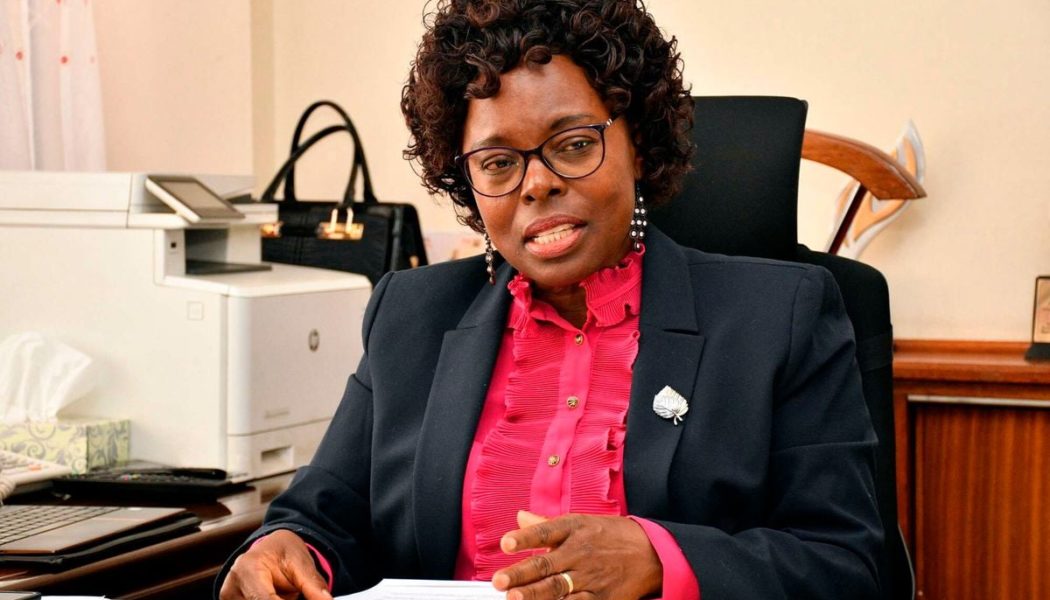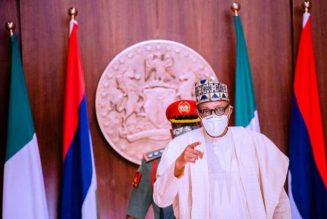
For 10 days to mid-December, the bosses at the Trade ministry led a delegation of 63 officials to Burundi for a trade affair on small and micro enterprises, setting back taxpayers Sh50.6 million.
This came less than three months after a State House directive restricted the size of government delegations for foreign meetings to four as part of “brutal” cuts to spending in an effort to rein in the fiscal deficit.
Days after the release of circular on the austerity measures, an official from the State Law Office splashed Sh630, 660 on a four-day trip to Lusaka, Zambia for the launch of a report dubbed “Being Intersex in Zambia”.
Just two days later on September 23, an official from the State Department for Parliamentary Affairs embarked on a 10-day trip to Turkey to inspect an elevator, a tour that cost taxpayers Sh1.4 million.
Before these foreign trips, the State Department for Youth Affairs had on July 26 and September 21, 2023 dispatched an official to attend World Dwarf Games. Each of the trips cost taxpayers Sh735,102.
These are just the highlights of a damning report that reveals wasteful spending through overseas trips by public officials — which often involve lavish travel allowances and huge government delegations.
The billions of shilling splashed on foreign travel indicate that top public servants, including Cabinet Secretaries (CSs), Principal Secretaries (PSs) and parastatals CEOs, are defying two circulars issued in July and October that ordered deep cuts on government officials’ overseas trips.
This included limiting the size of delegations and eliminating non-essential travel to ensure the government can make savings and fund its programmes without relying too much on debt.
In a circular issued by Head of Public Service, Felix Koskei, in October 2023, the government capped delegations led by CSs at three, by PSs at two and one for heads of State corporations, while requiring that delegations should have “most relevant technical persons.”
The Controller of Budget (COB) has, however, revealed that despite this directive, public officials continued globe-trotting.
During the year to June, total travel costs for the national government (domestic and foreign) grew by 35 percent to Sh27 billion.
Foreign travel expenses increased by 46 percent to Sh9.2 billion.
“Much of the travel budget was spent on non-essential categories, such as training and benchmarking. This spending pattern suggests that the circular was not fully complied with,” COB Margaret Nyakang’o notes.
In the report on national government budget implementation, the COB says that during the fiscal year, government officials continued with unnecessary foreign trips, taking huge delegations and often several agencies colliding at the same event abroad.
“Multiple trips to the same destinations by different MDAs suggest a lack of coordination, leading to redundant travel. For example, numerous departments travelled to Italy and France for similar purposes, incurring avoidable costs,” she says.
The government suspended travels for benchmarking and study visits, training, general conferences and travels by low-cadre staff, among other non-essential foreign travels.
The circular also capped the days officials should be away from the country at seven per travel, 15 days per quarter and a maximum of 45 days per year.
“In contrast, the National Treasury and Economic Planning was directed to equitably rationalise by 50 percent all foreign and local travel budgets,” notes the COB.
The laxity in enforcement of the directives, the COB says, saw the government spend Sh9.19 billion on foreign travels, up from Sh6.33 billion a year earlier, while domestic travels cost Sh18 billion, from Sh14 billion the previous year.
It was after the COB requested agencies to share details of their foreign travels to review compliance with the circular that the disregard for the directives was exposed.
“Further, there were discrepancies in the amount reported on foreign travel by economic line vis-a-vis the detailed breakdown,” Dr Nyakang’o noted.
Among the discrepancies detected was in President Ruto’s office, which despite reporting to have spent Sh36 million on foreign travels during the year, detailed reports presented to the COB showed it had spent Sh57 million.
Notable foreign travel expenses for the Office of the President are several air tickets bought for members of his presidential taskforce on religious organisations traveling to various countries, which cost about Sh10 million.
Detailed reports from the office, however, do not include a breakdown of the President’s visits abroad. But other offices such as that of the Prime Cabinet Secretary provided details of Musalia Mudavadi’s visits in the company of the President.
According to the report, Deputy President Rigathi Gachagua spent more on overseas trips compared to his boss, having splashed Sh114 million on foreign trips.
Most notable foreign trips by Mr Gachagua include a 10-day back-to-back travels across Dubai and Germany between October 21 and 31 last year, where his office spent Sh52 million.
“We also noted from the detailed breakdown of foreign travel expenditure that several payments were for the previous financial years, an indication of clearance of foreign travel-related pending bills, for example under the Commission of Administrative Justice there were payments made in FY 2023/24 of foreign travels made during FY 2022/23,” the report notes.
Dr Nyakang’o has recommended the implementation of a rigorous pre-approval process for all foreign trips and the creation of a single body to approve them.
“The government should establish a centralised unit to review and approve all foreign travel across MDAs [government ministries, departments and agencies] to prevent duplication and redundancies. This body would ensure that similar trips by different departments are consolidated or eliminated, reducing unnecessary expenditure.
“The circular… presents a critical shift towards optimising foreign travel expenditures by focusing on essential travel aligned with state obligations. However, the success of these guidelines depends on strict enforcement, centralised coordination, and periodic audits,” Dr Nyakang’o says.









